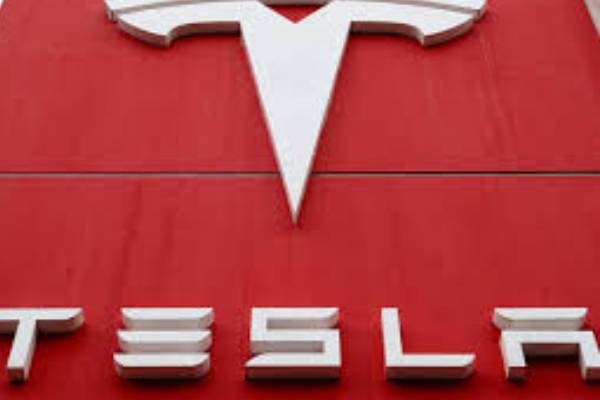South Korea’s LG Energy Solution (LGES) (373220.KS), opens new tab has signed a $4.3 billion deal to supply Tesla (TSLA.O), opens new tab with energy storage system batteries, said a person familiar with the matter, as the U.S. company looks to reduce reliance on Chinese imports due to tariffs.
The lithium iron phosphate (LFP) batteries will be supplied from LGES’s U.S. factory in Michigan, the person said on condition of anonymity because the details were not public.
LGES announced earlier on Wednesday that it had signed a $4.3 billion contract to supply LFP batteries over three years globally, without identifying the customer or saying if they would be used in vehicles or energy storage systems.
The South Korean company said last week it would try to offset sluggish electric vehicle demand by increasing sales of storage batteries thanks to a global surge in demand for power driven by data centres to train artificial intelligence.
Tesla Chief Financial Officer Vaibhav Taneja said in April that U.S. tariffs had an “outsized” impact on its energy business, since it sources LFP batteries from China.
Tesla this week also announced a $16.5 billion deal to buy chips from Samsung Electronics’ (005930.KS), opens new tab factory in Texas as South Korean companies expand their U.S. presence to meet local demand.
Three South Korean cabinet-level officials met U.S. Commerce Secretary Howard Lutnick in Washington in a push to close a trade deal ahead of an August 1 deadline for 25% tariffs on U.S. imports from South Korea to kick in, Seoul said on Wednesday.
LGES is one of the few U.S. producers of LFP batteries, a battery chemistry long dominated by Chinese rivals that have little presence in the U.S. market.
is a bill that will give the president discretion to apply secondary tariffs on sanctioned Russian oil from I believe it’s from 0 to 500%.
It started production of LFP batteries at its Michigan factory in May. The company said it was considering converting some electric vehicle battery production lines in the United States to cater to energy storage systems in response to slowing EV demand.
LGES said the contract would last from August 2027 to July 2030 and included an option to extend the deal period by up to seven years and to increase supply volumes depending on discussions with its customer.
Tesla’s energy storage and generation business accounts for just over 10% of its revenue but it has been a bright spot for the company as it struggles with slowing car sales and upcoming cuts to U.S. government support for EVs.





